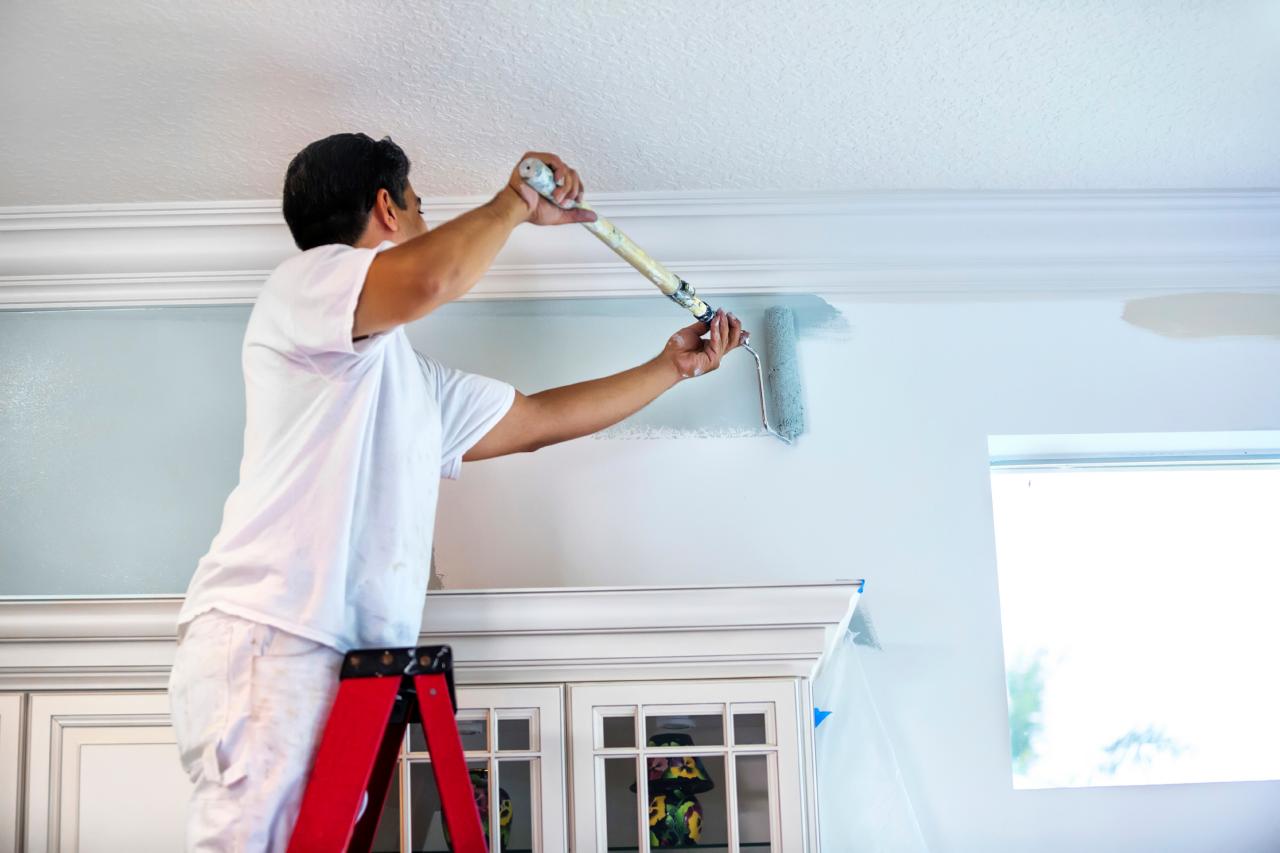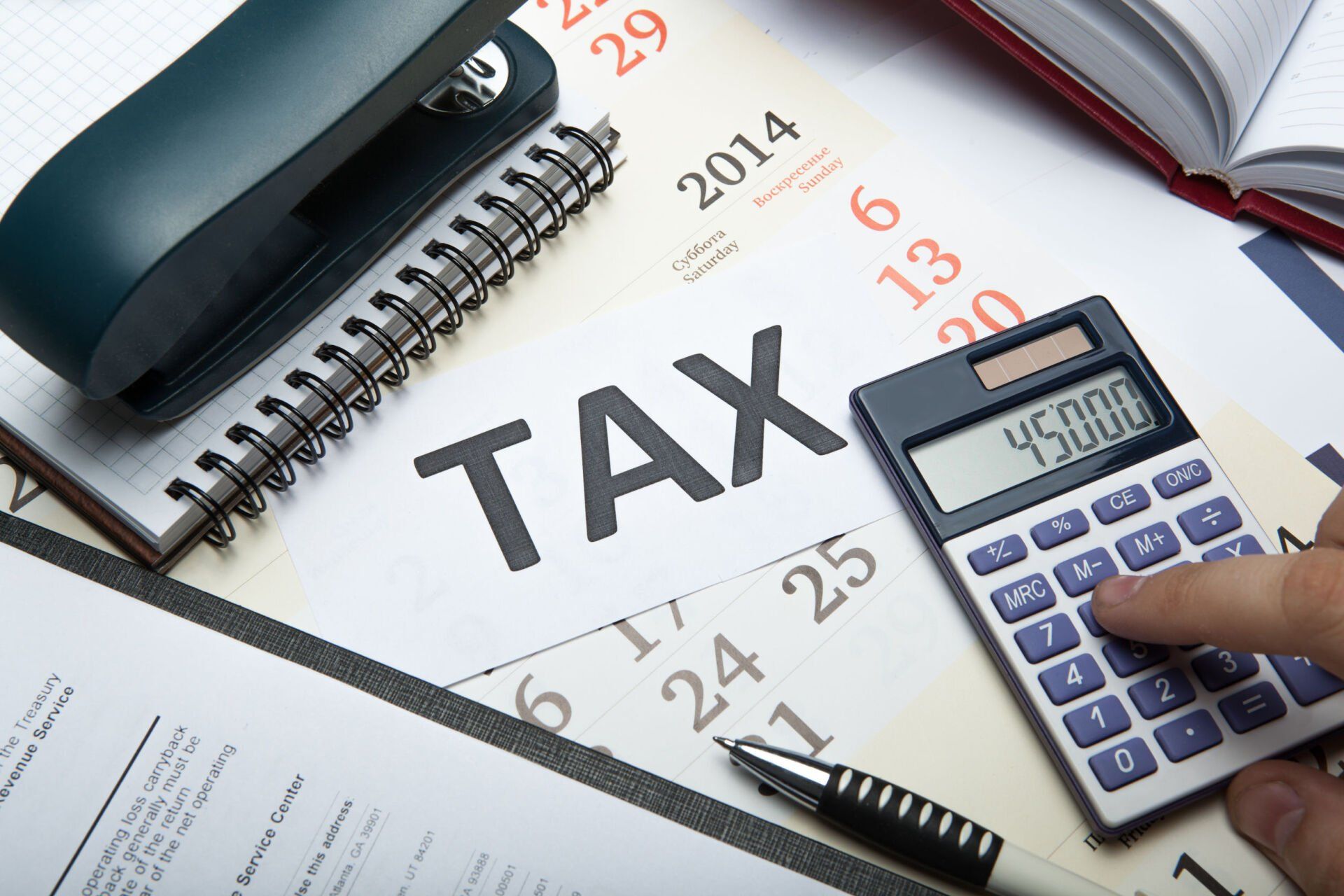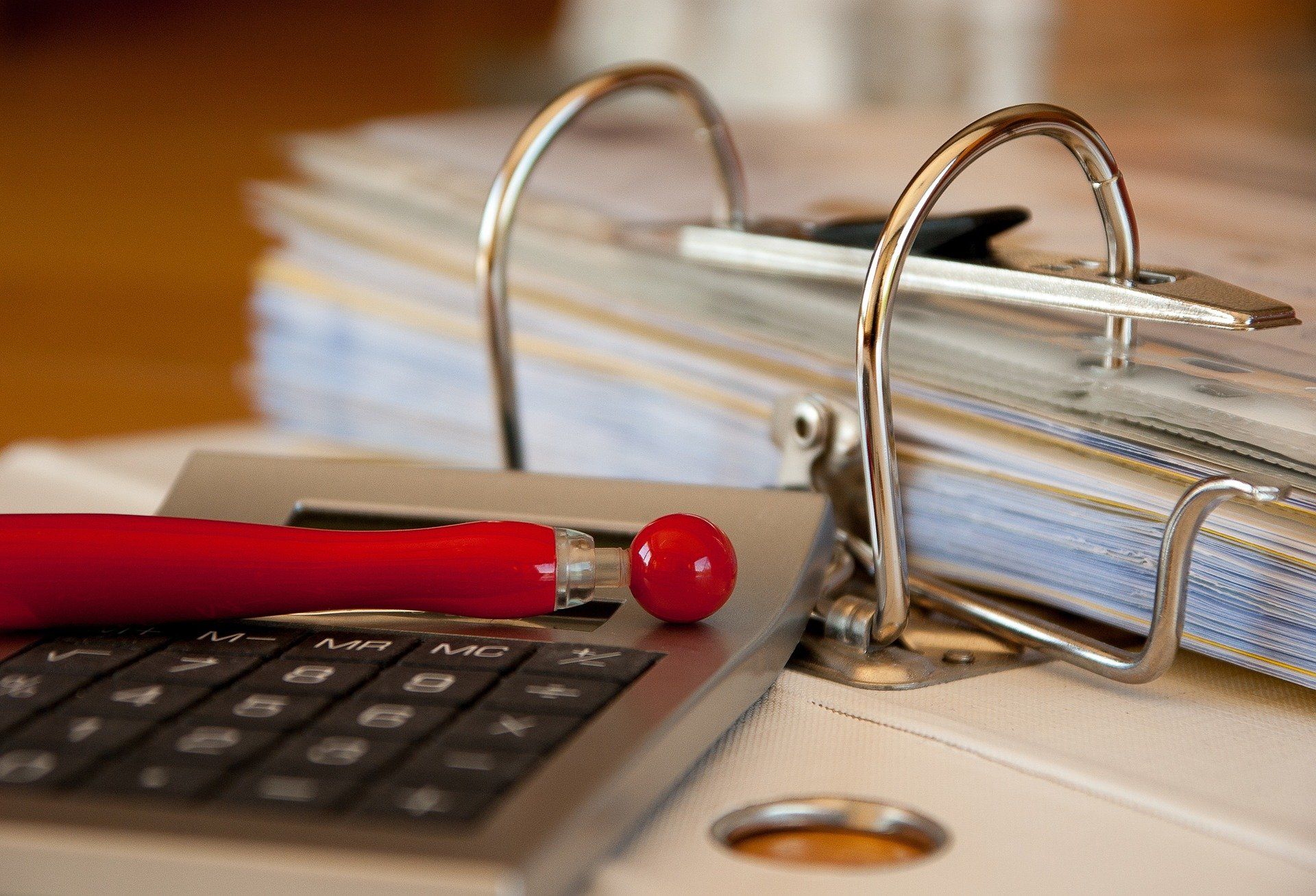Investment Properties - Repairs Vs Improvements

Investing in property carries numerous tax benefits. From negative gearing concessions to depreciation, there are many ways for you to reduce your taxable income. However, many taxpayers get confused on what is a repair and what is an improvement and what they are able to claim immediately and what should be claimed over a period of time.
IMMEDIATE TAX DEDUCTIONS
The Australian Taxation Office (ATO) allows you to claim costs associated with the upkeep on your property, such as repairs and maintenance. These include:
Repairs
Repairs are any works you carry out on your property to restore something to its original state or function. The ATO determine a repair as, whatever work you carry out must rectify defects, damage or deterioration of the property and must restore it to the state is was in before the damage took place.
For instance, if a tree fell on your property and destroys the fence, you’d have to replace the fence using the same materials as the original in order to restore it to the same state it was in before it was damaged.
Maintenance
Maintenance is any work carried out to prevent deterioration or fix deterioration. This could include things such as painting, cleaning, maintaining the plumbing or gardening. Work carried out to prevent or fix deterioration that takes place as a direct result of the property being tenanted can be claimed during the tax year in which it occurred.

DEDUCTIONS CLAIMED OVER A PERIOD OF TIME
You cannot make claim an immediate tax deduction for improvements made to your property. These are claimed over a period of time. These include:
Improvements
An improvement is considered anything that makes an aspect of the property better, more valuable, or more desirable, or changes the character of the item on which works are being carried out.
The ATO does not allow you to claim a deduction for the total cost of improvements in the year you carry them out. Improvements on a property can still have a tax benefit. These are split into two categories, being, deduction for depreciation and capital works.
Depreciation
Tax deductions for depreciation is applied to those assets that usually have a limited effective life, such as timber flooring, carpets, curtains, appliances, and furniture.
Capital Works Deduction
Tax deductions for capital works include building costs, the cost of altering or the cost of capital improvements to the surrounding property. This could include, major renovations, adding retaining walls, building extensions. The rate of deduction is generally 2.5% per year for 40 years following construction.
Repairs Before Renting
Any repairs carried out to a property when you purchased it and before it is rented out, are deemed not deductible. This applies even if the repairs were carried out to make the property suitable for tenants.
CASE STUDY:
Zoe owns a rental property in Sydney. Her tenants call to advise that the hot water is not working. Zoe rings a repair person, who visits the property and inspects the hot water system. The repair person quotes to repair the hot water system, but also advises that the hot water system may not last long and can install a new system.
If Zoe asks to have the hot water system fixed, this would be considered a repair and would be fully deductible.
If she had a new system installed, this would be considered an improvement and the new items would be depreciated over time at the applicable depreciation rate or effective life.
Here is a link to the Repairs, Maintenance & Capital Expenditure quick reference chart.
Want some more information on how we can support your business? Contact us here for a callback.
Need some assistance with your investment or investments? Contact our office here.
Recent Posts










